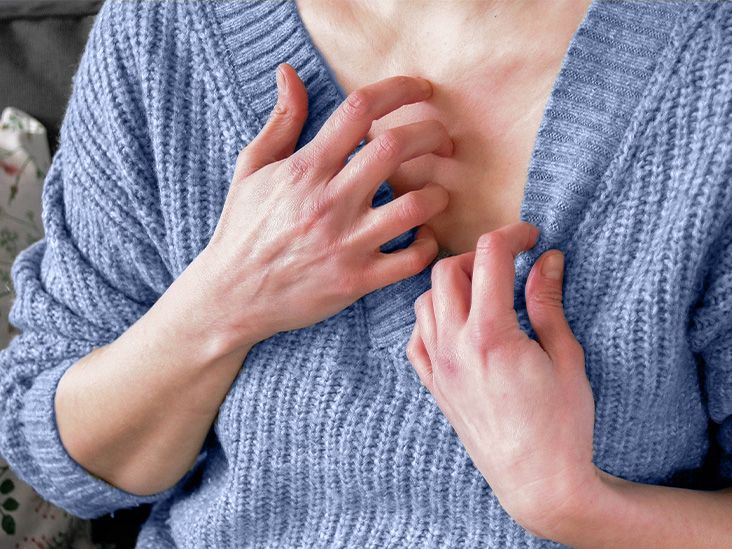Hyperpnea is the term for taking deeper breaths than usual, which increases the volume of air in the lungs. This condition is often a response to an increase in metabolic demand when the body needs more oxygen, such as during exercise.
Most people experience hyperpnea at some point during their lifetime. The cause is often physiological, as exercise and other activities can lead to a rise in oxygen demand. However, certain medical conditions can also trigger an increase in air consumption.
Anyone with concerns about their symptoms should speak with a doctor.
This article discusses hyperpnea, including its causes and the treatment options. It also looks at other types of abnormal breathing and explains when to seek medical advice.

Exercise
The body automatically initiates hyperpnea without a person’s input, and it is not generally a cause for concern. However, during long periods of exercise in cold air, a person may experience bronchospasms, which can cause narrowing of the air passage. The condition usually resolves after the activity stops.
Hyperpnea means that a person breathes more deeply. However, it
Breathing is a natural, complex process that involves several parts of the body, including the lungs, diaphragm, and intercostal muscles. Breathing out releases carbon dioxide as a waste product. The average breathing rate for a healthy adult is 12–20 breaths per minute, and the volume of air in a
Either physiological or pathological causes may lead to hyperpnea. Exercise is a common physiological cause. The table below shows some other causes, which we then describe in more detail.
| Causes | Physiological | Pathological |
|---|---|---|
| Feeling cold | Yes | No |
| Altitude | Yes | No |
| Sleep | Yes | No |
| Anemia | No | Yes |
| Asthma | No | Yes |
| Chronic obstructive pulmonary disease (COPD) | No | Yes |
Altitude
Changes in altitude cause atmospheric pressure and decreased oxygen levels, which can lead to altitude sickness.
The symptoms of altitude sickness
The body will generally take deeper breaths to inhale more air and absorb more oxygen to counteract each of the listed effects.
Sleep
The body goes through many important processes during sleep, as each stage of rest has a specific function. During one of these stages, the body
A person with respiratory conditions may experience problems with sleep. In some cases, sleep apnea may occur due to a
Anemia
Anemia occurs when the body
Asthma
A person with asthma may be more likely to become short of breath, potentially increasing the possibility of hyperpnea. However, according to a 2016 study, a person can undergo training in how to use the deeper breathing involved in hyperpnea to help with airway inflammation and lung-related issues.
COPD
The findings of a
Eupnea is the term for normal breathing. Types of abnormal breathing
- Hyperpnea: This is the term for abnormally deep breathing.
- Hypopnea: Hypopnea refers to unusually shallow breathing.
- Dyspnea: Dyspnea means that breathing becomes difficult due to shortness of breath.
- Agonal breathing: This shallow, slow, irregular breathing can develop into apnea.
- Apnea: A person with apnea may completely stop breathing, which can be life threatening without immediate CPR.
- Tachypnea: This is the term for a breathing rate that is above average for a person’s age.
- Bradypnea: Bradypnea describes a breathing rate that is below average for a person’s age.
- Hyperventilation: A higher-than-necessary breathing rate results in the release of higher volumes of carbon dioxide.
- Hypoventilation: A lower-than-necessary breathing rate causes the release of lower volumes of carbon dioxide.
Changes in breathing patterns are
Understanding individual breathing patterns can help provide an
Hyperpnea is generally a normal breathing process, and treatment is usually not necessary. However, anyone who thinks that their breathing is abnormal and has concerns about an underlying problem should seek medical attention. If a person notices that hyperpnea has a negative effect on their sleep, for example, they may need treatment for an underlying respiratory issue.
Hyperpnea refers to an increase in breathing depth. It can be an everyday response to exercise, colder temperatures, or a certain stage during sleep. However, if hyperpnea is causing problems, there may be an underlying injury or respiratory condition to address.
It is always best to see a doctor about concerning breathing patterns.


